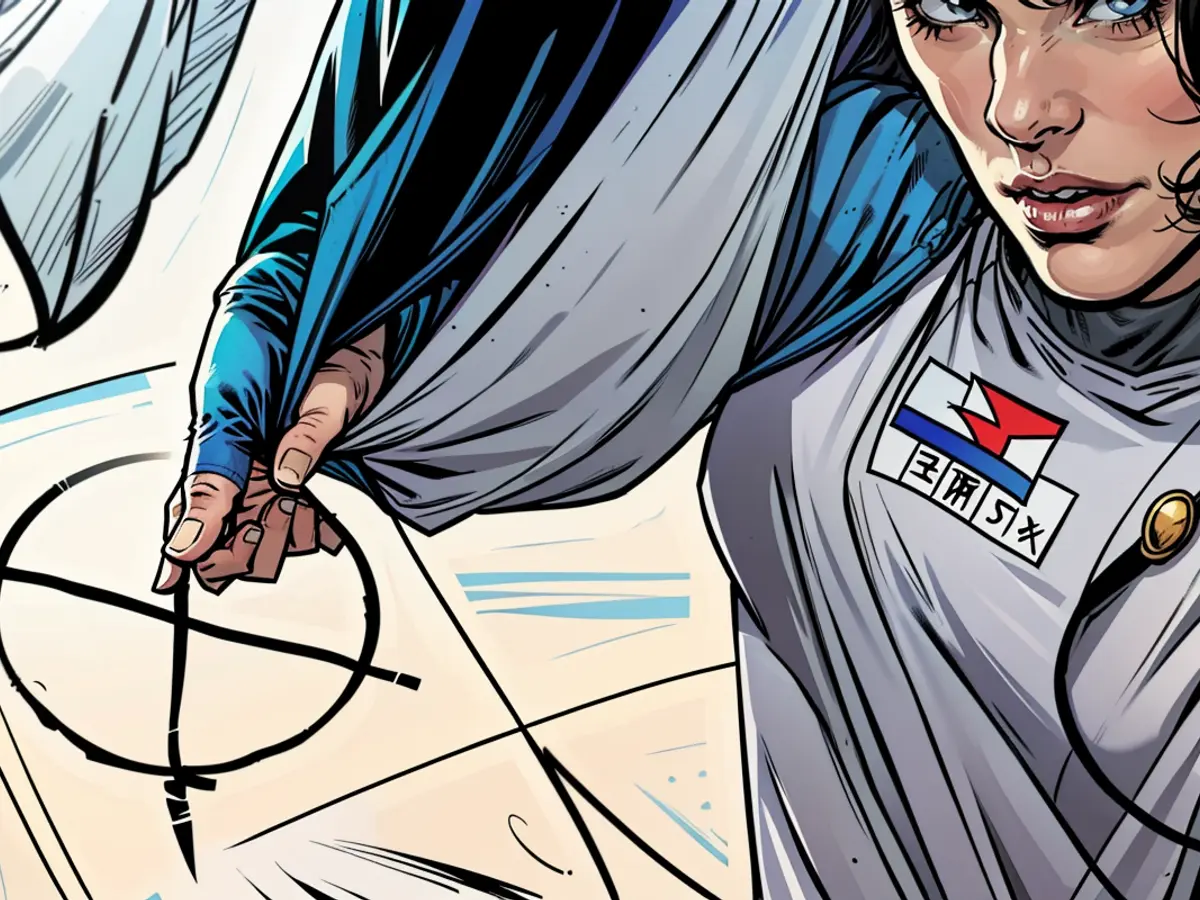Euroa and regional voting events - Insights from the European polls - tally for the regional elections
In the European elections in Rhineland-Palatinate, the CDU remains the dominant party, though they did receive less support than before. The local election outcomes are still being tallied.
During the local elections for district, city, and regional councils, voters were given the option to distribute their votes among multiple candidates. They could also assign multiple votes to a single candidate.
Given this complex voting system, it's expected that the final results of the Rhineland-Palatinate local elections will not be announced until later in the week. Five years ago, the Christian Democrats led the state's political landscape ahead of the SPD and the Greens.
In the European elections, the CDU won 30.7% of the votes, down by 0.6% compared to five years ago. The traffic light coalition, which currently governs Rhineland-Palatinate, had a generally disappointing performance. The SPD received 17.5% (down 3.8%), the Greens 9.3% (down 7.4%), and the FDP 5.9% (up 0.1%). The AfD, meanwhile, managed to garner 14.7% (up 4.9%).
The Freie Wähler party, which has seats in Rhineland-Palatinate's state parliament, saw an increase of 2.3%, ending with 5.2% of the votes. The newly founded political party BSW, led by Sahra Wagenknecht, obtained 4.7% of votes right off the bat. The overall voter turnout was 66.7%, compared to 64.8% five years ago.
Representatives from the traffic light parties accused the Bundestrend of being responsible for their subpar showing in the election. The parliamentary leaders of the state's parliament-represented parties will provide more analysis of the results during their Mainz press conferences on Monday during the next plenary session.
For the European Parliament, 720 seats are allocated, with Germany sending 96 representatives to the assembly. Historically, Rhineland-Palatinate has sent six representatives to the parliament. It wasn't clear if this number would be maintained for the upcoming term.
Read also:
The EU has guidelines for municipalities on how to conduct fair and democratic elections, including the European elections and local elections. The CDU, being a prominent political party in Rhineland-Palatinate, plays a significant role in these elections. The SPD, another major party, also participates in both the European elections and local elections. The results of the Rhineland-Palatinate local elections, influenced by the complex voting system, will impact the political landscape of the region. The European elections saw a shift in voter preferences, with some parties gaining and others losing support compared to five years ago.








